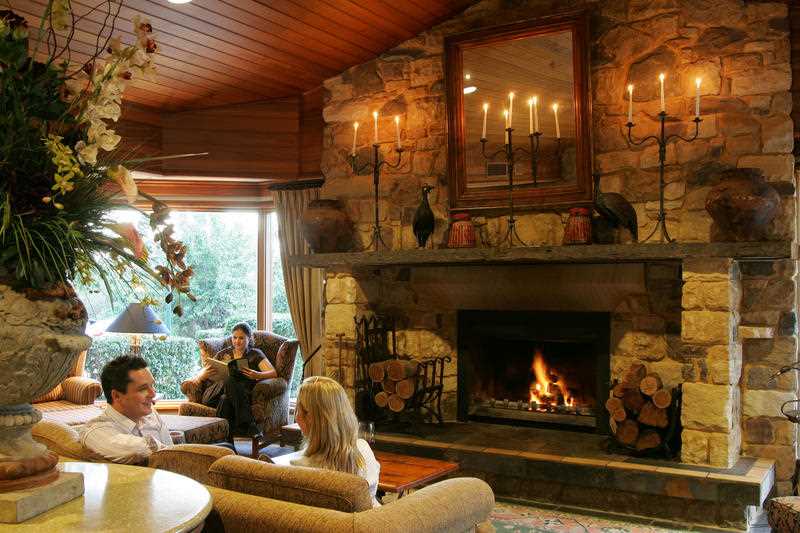Smoke emitted from wood-fired heaters in NSW homes is causing premature deaths from pollution, a study has found.
An average of 14 premature deaths per year was found to occur in the regional town Armidale, where the 12 months of research took place across a population of roughly 24,504.
Dr Dorothy Robinson from the University of New England, author of the report published in the Medical Journal of Australia on Monday, likened the pollution to second-hand smoke from cigarettes.
“These particles in the wood-smoke are so small they behave like gases and enter our homes even when all doors and windows are shut,” Ms Robinson told AAP.
“If the air pollution is high outside it will also be high inside, maybe half an hour or an hour later.”
The study collected data from air pollution monitors and from a station installed in the region by the state government in 2018.
About 40 per cent of households in Armidale use wood-fired heating, while the area is known for trapping a concentration of smoke as it sits in a basin.
Wood heater smoke can be particularly dangerous for vulnerable people including pregnant women, babies, and older generations, and those living with asthma, diabetes and heart disease, the Centre for Air pollution, energy and health Research (CAR) has found.
Ms Robinson suggested large rural blocks with at least two hectares between them, such as the restrictions New Zealand has enforced, could mitigate some health effects.
But she pointed to another New Zealand study that found a correlation between health risks and just one additional wood heater.
“It showed it increased by seven per cent the risk that a child under three would need hospital emergency treatment for anything other than accidents.”
The academic said wood heating manufacturers downplayed the health effects of these devices like coal lobby groups did for emissions.
Bruce Mogg from peak industry group Australian Home Heating Association did not deny wood heaters can cause pollution but said millions had been spent in making them cleaner.
“Every heating appliance has issues, there’s no such thing as a pollution-free appliance. And Australia has the toughest standards in the world when it comes to its wood heaters,” he told AAP.
Mr Mogg said in some cases gas heaters could be worse for people’s health, with chemicals being injected directly into homes, and disputed second-hand smoke from cigarettes was the same.
He questioned the efficacy of the often recommended reverse-cycle air conditioning, as it is “burned from coal”.
CAR investigator Fay Johnston called for government incentives and buyback schemes to encourage Australians to switch out wood heaters for heat pumps.
“Wood heater smoke is one of the biggest contributors to air pollution in many parts of Australia, as highlighted by recent studies in NSW and Tasmanian,” she said in a statement.
“Australians are nostalgic about the cosy family hearth they provide, but collectively, these heaters are actually damaging people’s lungs and hearts with toxic smoke.”
Environment Minister Matt Kean said NSW had one of the strongest air quality regulatory frameworks in the world, but wouldn’t seek to ban wood heaters.
“However, medical studies like this, serve as a reminder of how important clean air is for the health of our communities,” he told AAP in a statement.
“While the NSW government recognises the potential adverse health impacts of wood heaters, particularly when they are used incorrectly, wood heaters remain a viable and cost-efficient form of heating for many people.”
AAP



